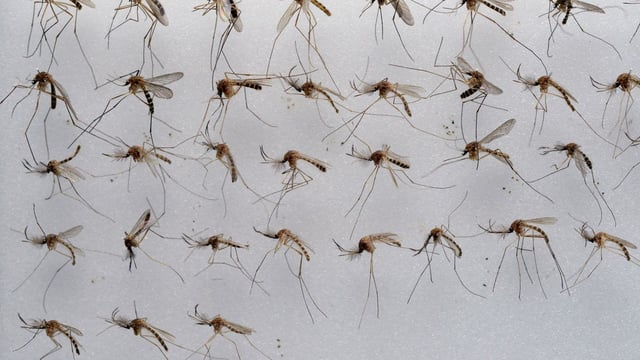Overview
- The Robert Koch-Institut (RKI) has expanded FSME risk zones across Germany, including ten districts in Hesse, reflecting the disease's broader geographic spread.
- Borreliose and FSME cases have risen significantly, with Saxony reporting nearly double the FSME cases in 2024 compared to the previous year.
- Lower Saxony has confirmed three human West-Nil-Virus infections and several horse cases in 2024, with health officials warning of high mosquito populations this year.
- The exotic Hyalomma marginatum tick, capable of carrying Crimean-Congo hemorrhagic fever, has been detected in Austria, signaling changing vector ecologies.
- Health authorities stress the importance of preventive measures, including FSME vaccinations, protective clothing, repellents, and thorough body checks after outdoor activities.



